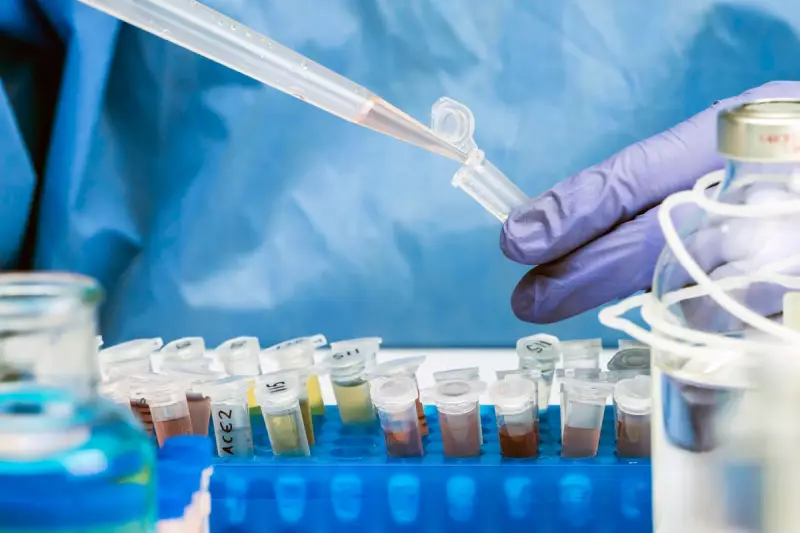
Polio Resurfaces in Germany After Three Decades
Health authorities in Germany have confirmed a significant and worrying discovery: the wild polio virus has been detected in a sewage sample from Hamburg. This marks the first time the virus has been found in the country since routine environmental monitoring began in 2021, and it comes more than 30 years after the last registered cases of wild polio infections in people.
Details of the Discovery and Immediate Response
The nation's leading public health body, the Robert Koch Institute (RKI), announced on Wednesday that a wastewater test had returned a positive result for the wild polio virus. On Thursday, officials identified the northern city of Hamburg as the specific location where the sample was collected during the week of October 6.
In response, Hamburg's health authorities have swiftly established an expert task force on infection control. This group will coordinate closely with the RKI and is planning to take additional sewage samples to monitor the situation. The authorities noted that the positive sample contained wastewater from Hamburg and partially from neighbouring federal states, making it impossible to pinpoint the exact origin of the virus or determine if one or more individuals are infected.
Public Health Risk and Global Context
Despite the alarming discovery, both the RKI and Hamburg officials have been quick to reassure the public. They emphasise that the risk to the general population is considered very low. This assessment is based on Germany's high vaccination coverage, which provides a strong shield against the spread of the virus. No infections in people have been reported in connection with this finding.
Polio, or poliomyelitis, is a potentially deadly viral infection that can cause paralysis. It can, however, be effectively prevented by vaccination. Globally, two forms of the virus circulate. The wild polio virus is now extremely rare and is only endemic in Afghanistan and Pakistan. The other form derives from the live, weakened virus used in some oral vaccines, which can, in rare cases, mutate and spread in under-vaccinated communities.
Professor Beate Kampmann, scientific director at the Center for Global Health at Berlin's Charité hospital, underscored the global implication of the discovery. "Polio anywhere means a potential risk of polio everywhere," she stated, highlighting the critical need for sustained funding and commitment to global polio eradication efforts. Scientists agree that high vaccination coverage is the key to minimising this risk, a setback in the worldwide mission to eliminate the disease.





